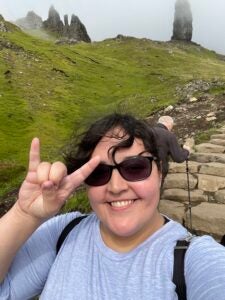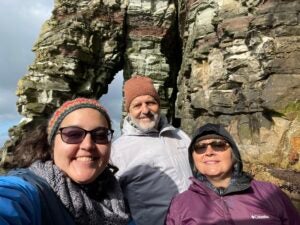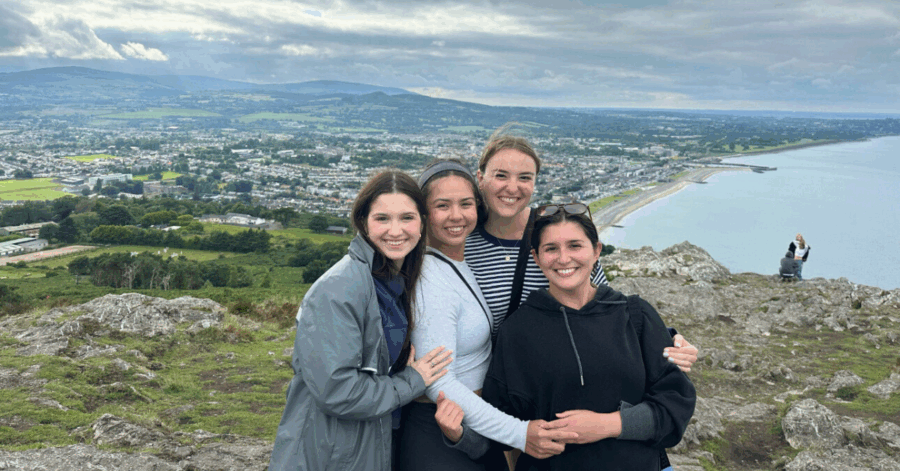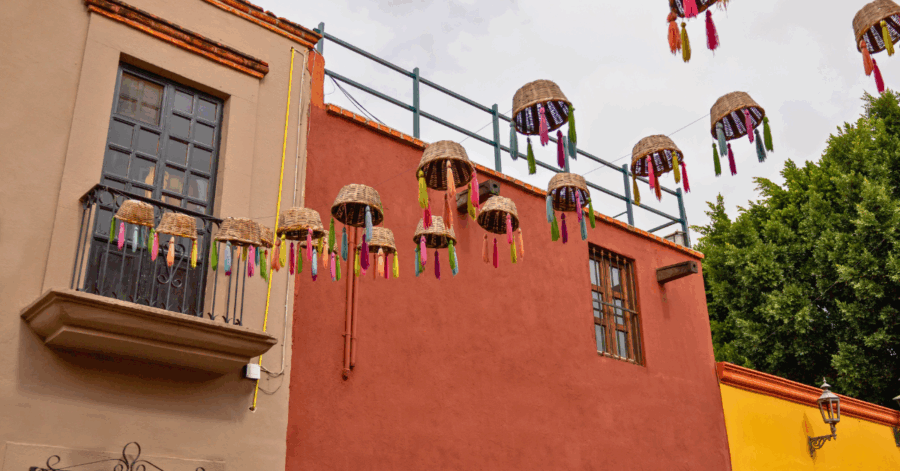“I wanted to live deep and suck out all the marrow of life, to live so sturdily and Spartan-like as to put to rout all that was not life, to cut a broad swath and shave close, to drive life into a corner, and reduce it to its lowest terms, and, if it proved to be mean, why then to get the whole and genuine meanness of it, and publish its meanness to the world; or if it were sublime, to know it by experience, and to be able to give a true account of it in my next excursion.” –Henry David Thoreau

Imagine knowing, with every fiber of yourself, that you should be getting up, you should be productive, you should be doing. Imagine that, despite knowing all of this, you find yourself unable to move. An object at rest stays at rest and even though there are things you want to do, things you need to do, you cannot bring yourself to be acted upon by the unbalanced force that will kick you into motion.
For me, that is what it is like to have executive dysfunction. Executive function is a set of skills including, but not limited to, impulse and emotional control, flexible thinking, and task initiation. Executive dysfunction is, no surprise, when these skills aren’t working as they should. Executive dysfunction is a symptom of many neurodivergencies. For me, it’s a part of my Attention Deficit Hyperactivity Disorder (ADHD).
When I took Individual Differences at UT with the wonderful Dr. Tackett, one explanation of this impairment stuck with me. Imagine you have a film set. You have all the tools for this film to be a success: a wonderful set, perfect lighting, critically acclaimed actors, makeup artists, costume designers, state of the art sound equipment and cameras, and even a nutritious lunch provided for the whole crew. But without the director, it doesn’t matter if we have the most expensive camera in the world with Meryl Streep in front of it. The rest of the crew is just going to have to stand still until they get here. Executive function is the director: they make everything go. With executive dysfunction, the director has fallen asleep; they’re there, but they might need a little help.
For me, my ADHD medication is the just the right boost the director in me needs to get to work and create something Oscar-worthy. However, before this summer, I didn’t have access to this resource. I relied on my support system: my friends, my significant other, the professors I formed a connection with. In the months before my departure to the University of Edinburgh for my semester abroad, I worked closely with a psychiatrist to figure out which dosage, at what frequency, and of which medication would be best for me, as I knew I would be breaking away from my support system for a long time.
When we finally found the perfect medication for me, I was elated. I knew that I could take on any challenge thrown at me in Scotland, and, more importantly, make the most of my time there. In that same vein, I decided that I would keep a journal of my trip, with at least one picture and one page of writing every day. I believed that if I did that, I would not only find the joy in every day, but also have time to self-reflect on the experience, making it all the more impactful on my life.
For a short period of time, that was exactly the case. I was exploring my new city, spending time with old friends, and traveling within my new country to places I’d only dreamed about. My parents came along with me for the first three weeks. It was priceless seeing my father in a city so close to his heart, remembering the family that came before us and the life they held in Auld Reekie. What’s more, there wasn’t a single day where I felt I couldn’t get up and live, where I didn’t have the energy to get out of bed, or to navigate a city built on the side of an extinct volcano.

Unfortunately, I received a rude awakening that this “new me” I was just getting to know was too good to be true. I didn’t know it, but my parents were the scaffolding on which I had built this new person. Although I knew I was ready to stand on my own, their return to the States left me feeling vulnerable and a little less sturdy, and allowed for the return of my old friend, executive dysfunction. I spent the next few weeks falling into the same routines as always, emerging from the haze every few days to meet some new friends, take a trip with a loved one, and move into my university accommodations. I knew that all of this could be solved by taking my meds, but I only had a finite amount to last me the semester. It was unlikely I would be able to get any more, as I would need to get an appointment with a new psychiatrist who would no doubt need to assess me before writing a prescription. These procedures take masses of time, and time is something I don’t have.

A few days before the start of classes, I decided to start taking my medication as I got ahead on the readings and assignments for the semester. It was like day and night; the effect this medication has on my life never ceases to amaze me, not even after having taken it dozens of times. After a month of feeling lost, all of a sudden, I felt like I could take on anything and this semester was not going to be as much of a struggle as I believed. Over the course of the next week, I flourished. I actually got out of bed before noon, did all of my work in a timely manner and budgeted my time instead of procrastinating. But there was a catch––although I was feeling profusely better about myself, this sudden influx of motivation made me want to catch up on all of the places and things I longed to see and do in Edinburgh. I wanted to take a day and climb Arthur’s Seat. I wanted to bring my morning coffee and a book to the top of Calton Hill and stay until the sun was on its way down. Above all, I felt I ought to do what I said I wanted to when I submitted my bio for this blog, what Henry David Thoreau wanted to do as well: “to live deep and suck out all the marrow of life… to know it by experience, and to be able to give a true account of it in my next excursion.” But the guilt, the all-embracing feeling that I shouldn’t waste my medication, that I needed to ration my motivation for when I needed to be productive, prevented me from doing so.

Just a few days ago, as I walked across the North Bridge on my way back to my flat, I looked up and saw Calton Hill. It was golden hour, so the whole hill was swathed in the soft light. The rain that morning had dissipated the pollution that inherently fills all large cities, so the air was brisk and clear. I knew that I desperately wanted to climb that hill, to look down on the city I now call my home; I wondered why I had been here a month and a half, only a ten-minute walk away from Calton Hill, and had not yet been up. I felt I needed to stop and soak it all in, the brash podcast playing through my headphones, the bustle of the city, and the crowd surrounding me on the sidewalk. In that moment, I realized that I cannot keep feeling guilty that I don’t spend every waking moment feeling productive. I cannot spend all of my time taking notes, reading, and sending emails. I am in Scotland. This experience, of living here–actually living, and not just the literal sense of the word–is what I’ve been dreaming of for almost a decade, and so far, I have been wasting it.
I move forward with a bit more clarity. Of course, I will spend a considerable portion of my time studying, as that is what I am here to do. But I will also endeavor to not waste this opportunity. I might not be back in the UK or Europe for several years, and who knows how much the world is going to change in the meantime? From now on, I will take my morning coffee on Calton, choose the desk with the best view of Arthur’s Seat, take the long walk to campus, and, above all, suck all the marrow out of life in Edinburgh.
This post was contributed by Nellie Downie, a Global Ambassador for fall 2021. Nellie is a junior English major studying abroad in Edinburgh, Scotland.






Wow, Nellie. Thank you for sharing this piece of yourself. That clarity you have now about how you are living and being sounds so meaningful. I hope the reflections you journal each day can serve as reminders to your future self of being “at the top of the hill.”
It is not easy to come out of the fog but to emerge with an understanding of your core self and have the confidence in that core self to express it beautifully and open it for others to see shows growth and balance. Proud and happy for you Bells!
Wonderful, honest, and refreshing post. Love that you find strength through your perceived weakness. Thank you for continuing to pursue your self by stepping into and out of your comfort level. We are watching you and enjoying this journey! Thrilled Scotland was your choice abroad!